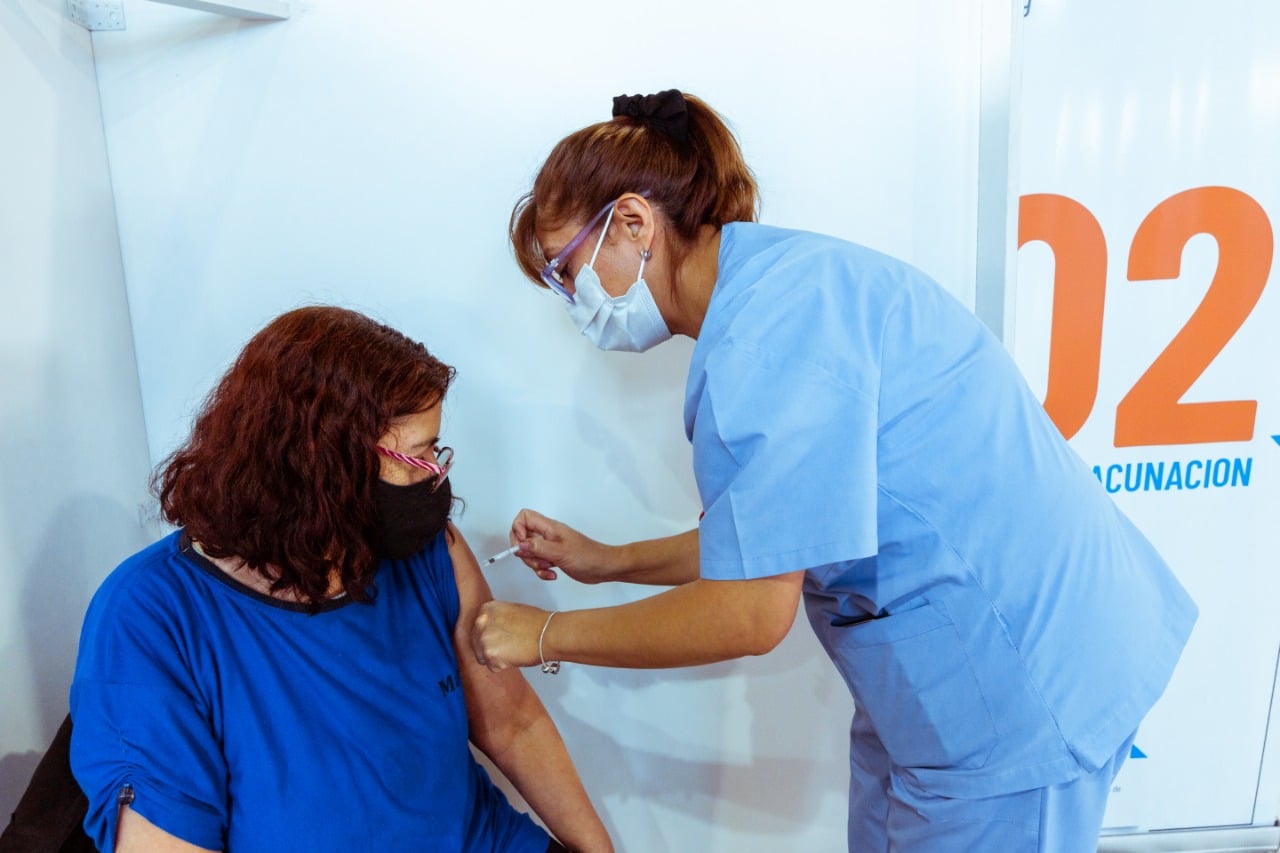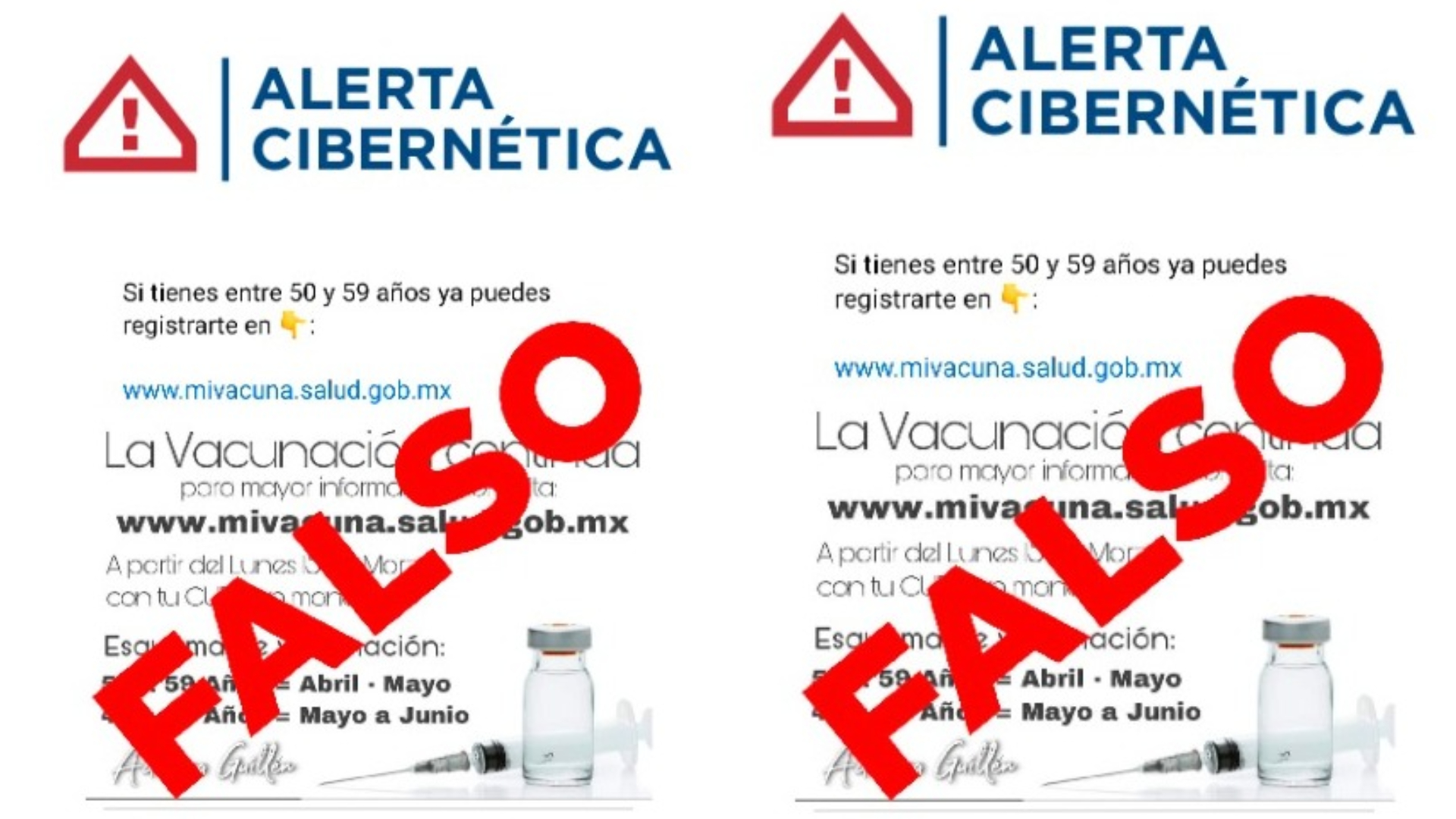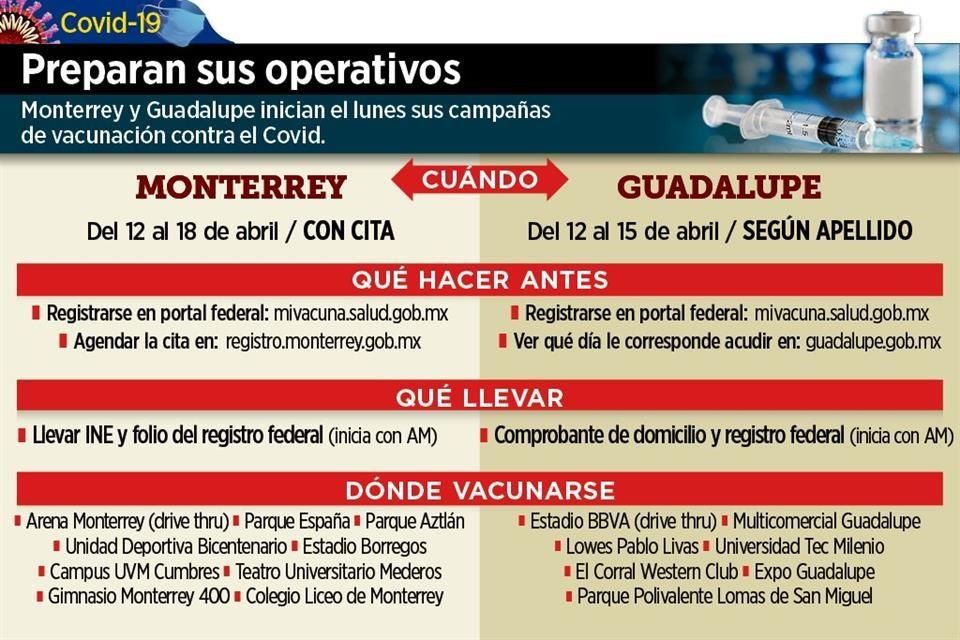
After having approved the first Alzheimer’s treatment, the FDA also approved the introduction of Eli Lilly’s drug “donanemab,” which removes a protein believed to be a contributing cause of Alzheimer’s. The subject had been already brought up by pharmaceuticals Pfizer, Moderna and CanSino Biologics. The general public would need a dose every two years. The WHO “forecasts that people most vulnerable to COVID-19, such as the elderly, will need to get an annual vaccine booster to be protected against variants,” reports Reuters. So far, Pfizer has announced that their COVID-19 vaccine is highly effective against this variant. The spread of this variant has led several countries in the EU to reimpose several restrictions but these countries are also speeding up their vaccination rollouts to avoid major reopening setbacks.


The European CDC has said that this new variant could represent 90 percent of new COVID-19 cases by the end of August 2021. Due to recent spikes, the COVID-19 Delta variant is rising concerns around the world. Mexico donated 400,000 doses of the AstraZeneca COVID-19 vaccine to Belize, Bolivia and Paraguay as an “act of solidarity,” said Minister of Foreign Affairs Marcelo Ebrard. The rollout had to be carried out at night as the high temperatures of the region placed waiting persons at risk. Mexico began the distribution and application of the Johnson & Johnson vaccines donated to by the US to adults at the US-Mexico border. “It is necessary to define a critical path of actors and processes and allocate sufficient financing, including sources and co-responsibilities, so that the long-term sustainability of the new system is guaranteed.” CIEP pointed out that to satisfy and meet its goals, INSABI should prioritize urgent situations and provide basic services to the most vulnerable population. For that reason, the budget destined for any individual patient is reduced from MX$3,656 (US$182.74) to MX$2,911 (US$145.50). Compared to Seguro Popular, the INSABI has a higher budget but its coverage is also much larger. The Center for Economic and Budgetary Research (CIEP) exposed the low financing budget INSABI has to operate as a universal health organism in Mexico. This effort is part of its Fourth National Regular Medical Services Recovery Campaign. After the hardest months of the pandemic, IMSS will intensify its care provision by increasing the amount of family medicine consultations and procedures that were put on pause.

However, vaccination rollouts slowed down in June and a faster reopening is causing a slight increase in positive cases.

Mexico City is in second place with 50 percent and Zacatecas is in third with 40 percent. Baja California has the highest vaccination rate and applied at least one dose to 63 percent of its citizens. To date, Mexico has vaccinated about 32 percent of its adult population. People aged 30 and over can now register to receive the COVID-19 vaccine in Mexico in the site Mexico City the epidemiological traffic light returned to yellow starting on June 24 due to the increase in COVID-19 cases, the Ministry of Health reported. Despite the encouraging advancement on vaccine campaigns, June has been the slowest month regarding rollouts. Mexico is on its way to vaccinate 40 percent of its adult population but efforts to stop the spread of COVID-19 could be set back by the government’s decision to reopen many economic activities and educational centers.


 0 kommentar(er)
0 kommentar(er)
